AI-Powered Document Review
Review and draft contracts up to 85% faster in Microsoft Word with AI-driven, jurisdiction-specific suggestions.
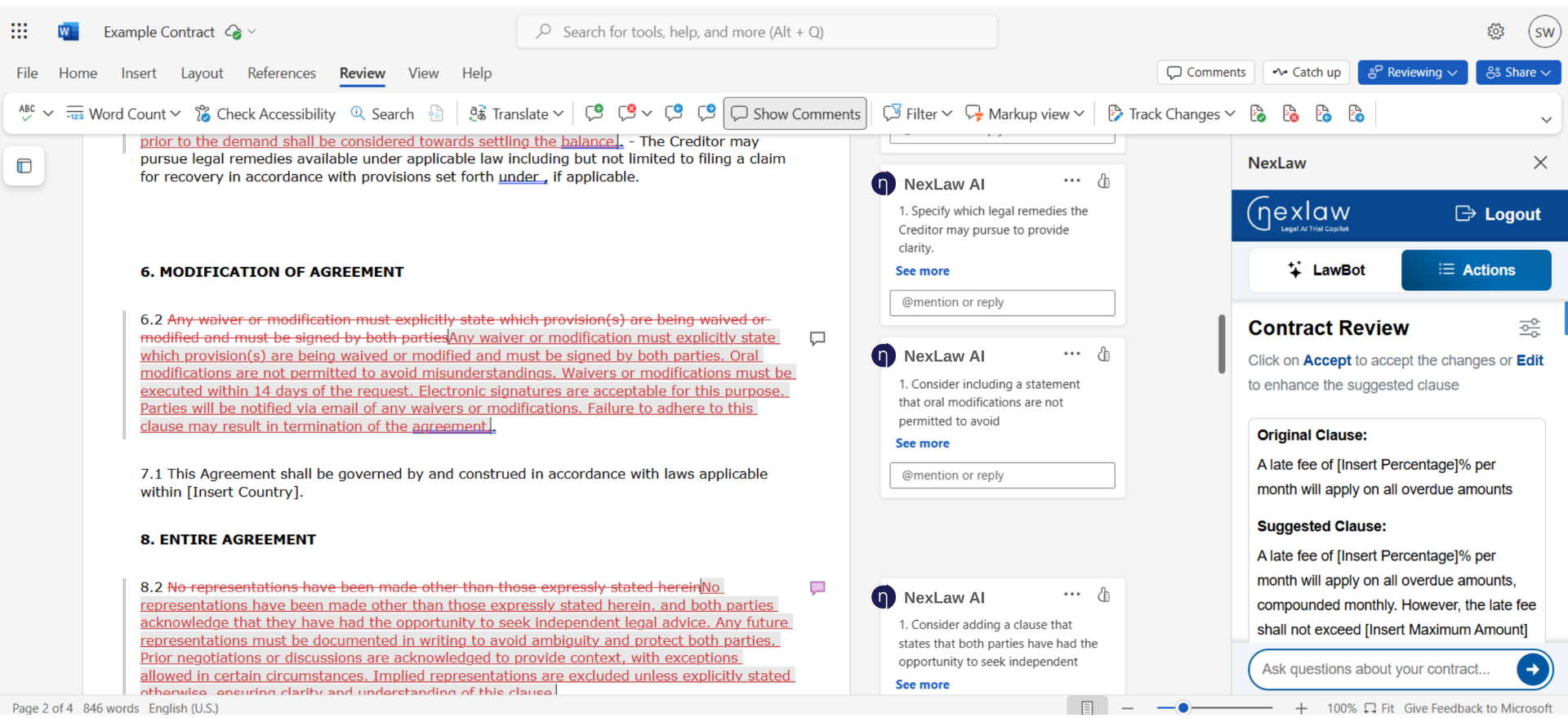
Review and draft contracts up to 85% faster in Microsoft Word with AI-driven, jurisdiction-specific suggestions.

Used by legal professionals & researchers in







































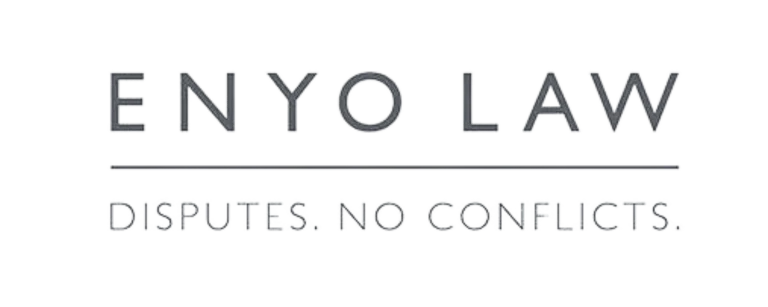






Document review is an essential process in various fields, particularly in legal, compliance, and corporate environments. It involves examining documents to identify relevant information, assess compliance, and summarize content.
AI-powered document review leverages advanced technologies like natural language processing (NLP) and machine learning (ML) to automate the examination of text-heavy files. These tools can identify patterns, detect anomalies, and extract key information far more efficiently than manual methods. From legal contracts and compliance documentation to research papers, AI simplifies the review process while enhancing accuracy.
AI document review services primarily utilize two main methodologies: Technology Assisted Review (TAR) and Generative AI. While TAR has long been the prevailing approach, generative AI is emerging as a transformative force in the future of document review.
1. Technology Assisted Review (TAR)
TAR is the most established method of document review technology currently available. It provides attorneys with a quick and dependable means to assess documents, and its effectiveness is widely recognized by courts during the eDiscovery process. However, TAR does have some limitations. For example, TAR is particularly suited for text-heavy documents such as Word files and emails. Yet, in today's digital landscape, where various data types—including text messages and videos—are increasingly relevant in eDiscovery, TAR struggles to manage these formats effectively.
2. Generative AI
Generative AI represents a rapidly evolving technology that is being integrated into legal workflows to enhance document review processes. By employing machine learning algorithms, generative AI can adapt and learn, swiftly identifying the most pertinent information and generating comprehensive summaries of documents. This technology is capable of reviewing a diverse range of data types, from video calls to Slack messages, and can perform tasks beyond traditional document review. Although generative AI is still developing and has not yet achieved the same level of acceptance in courts as TAR, its credibility and adoption are on the rise. As advancements continue, the integration of generative AI into legal practices is expected to become increasingly prevalent.
Speed and Efficiency
AI streamlines repetitive and time-consuming tasks involved in document review, such as data extraction (including names, addresses, dates, and numbers), keyword tagging, redaction (for privacy, project confidentiality, and trade secrets), and classification (organizing documents into specific categories for quicker access). This automation significantly decreases the time and effort needed for document reviews, resulting in faster completion times and more efficient workflows.
Accuracy and Consistency
AI enhances the accuracy of document reviews by identifying relevant documents that human reviewers might overlook. Machine learning algorithms, including those utilized in Predictive Coding and Active Learning, can recognize patterns within data, enabling reviewers to locate pertinent documents with greater reliability. Natural Language Processing (NLP) facilitates the extraction of key terms and concepts, identifies relationships between entities, and presents documents in a more intuitive, topic-oriented manner. Additionally, AI’s capability to apply past coding decisions ensures consistent treatment of sensitive information, thereby minimizing the risk of errors.
Cost Reduction
By automating labor-intensive tasks while improving the speed and accuracy of document reviews, AI contributes to a reduction in overall costs associated with the process. Law firms can save on labor expenses and mitigate costs stemming from human error. Furthermore, the ability to reuse coding decisions decreases the necessity for repeated reviews, leading to additional cost savings.
With advancements in AI, the document review process will become even more intuitive. Enhanced capabilities, such as visual document analysis for scanned files, are already being explored. Platforms like NexLaw AI, Casepoint and Filevine are investing in adaptive AI that learns from user behavior, further personalizing the review experience.
By embracing AI-powered document review, organizations can streamline operations, reduce errors, and focus on strategic tasks. Whether you're a law firm, a business executive, or an academic, AI is here to revolutionize the way you work with documents.


Our algorithms analyze your contract and provide suggestions highlights for enhancements.
Select a specific jurisdiction and party before reviewing or drafting your contract.
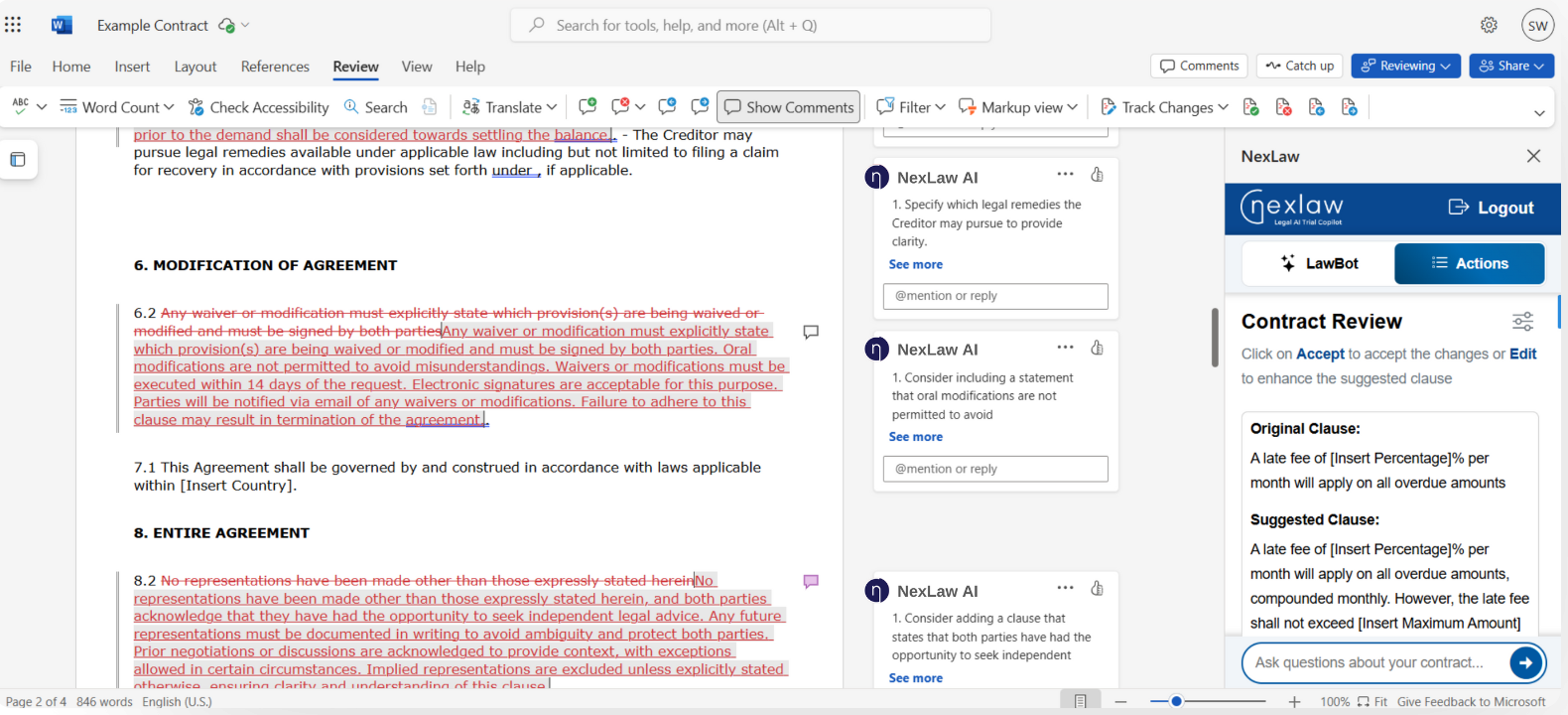
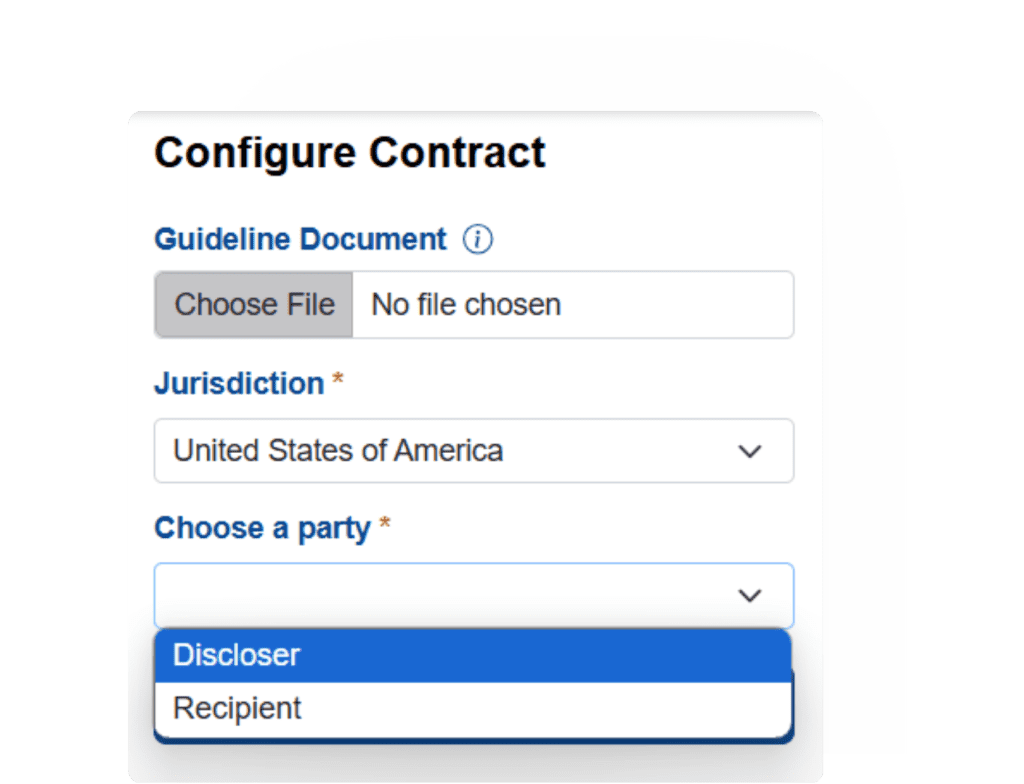

Provide valuable insights and suggestions about the contract.
Seamlessly integrate with Microsoft Word to draft compliant contracts that meet industry standards, effortlessly progressing from a blank page to letter of demands, agreements and more.

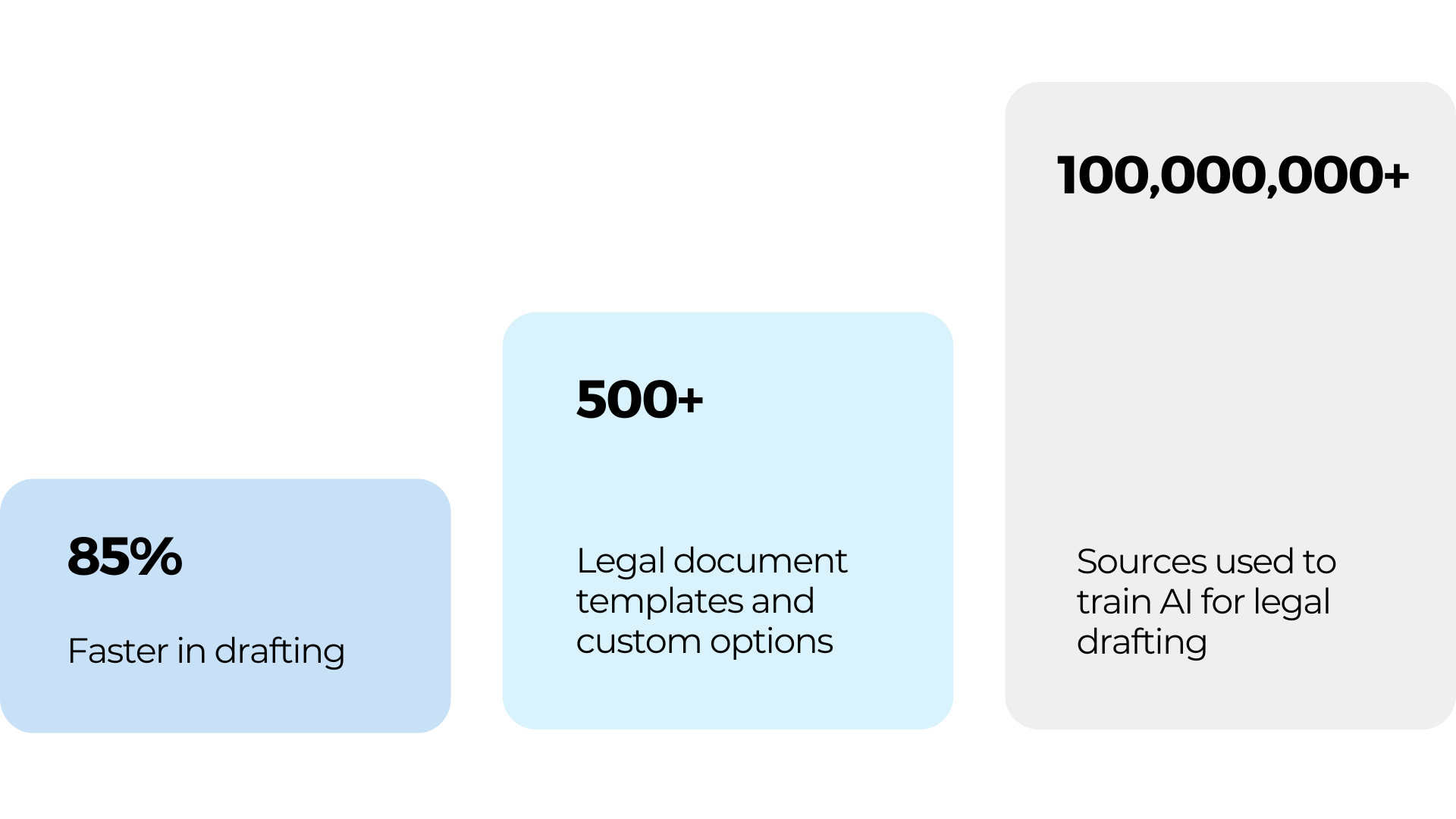
Generate accurate and compliant legal documents tailored to specific jurisdiction
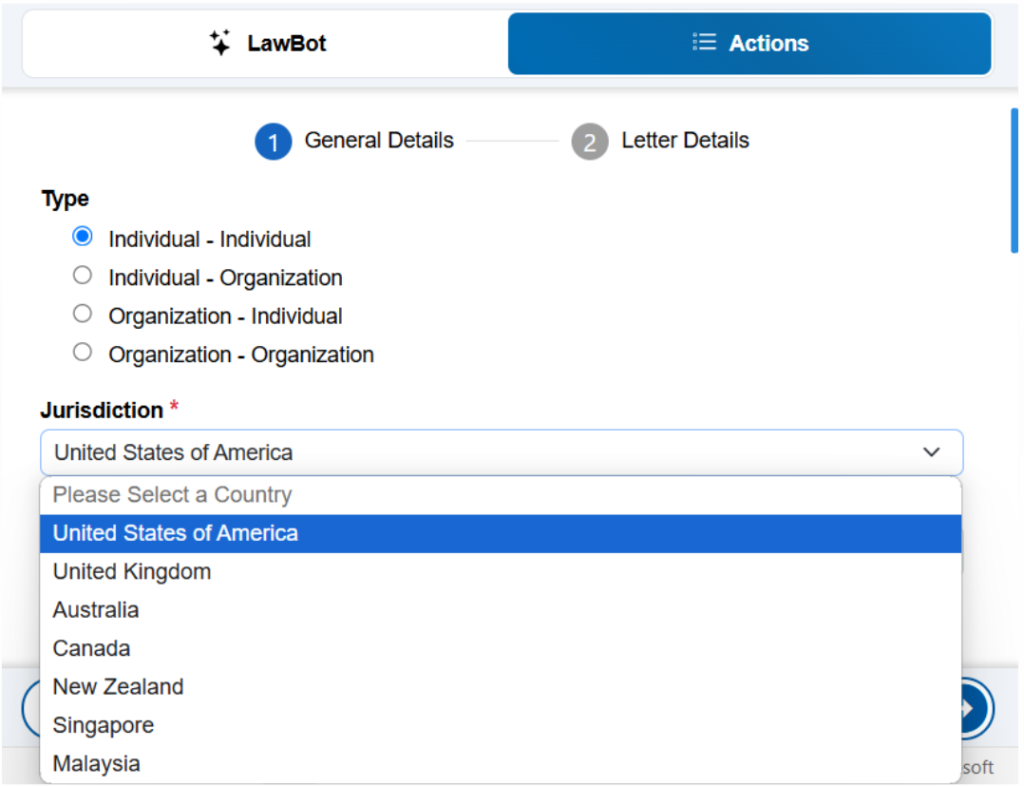
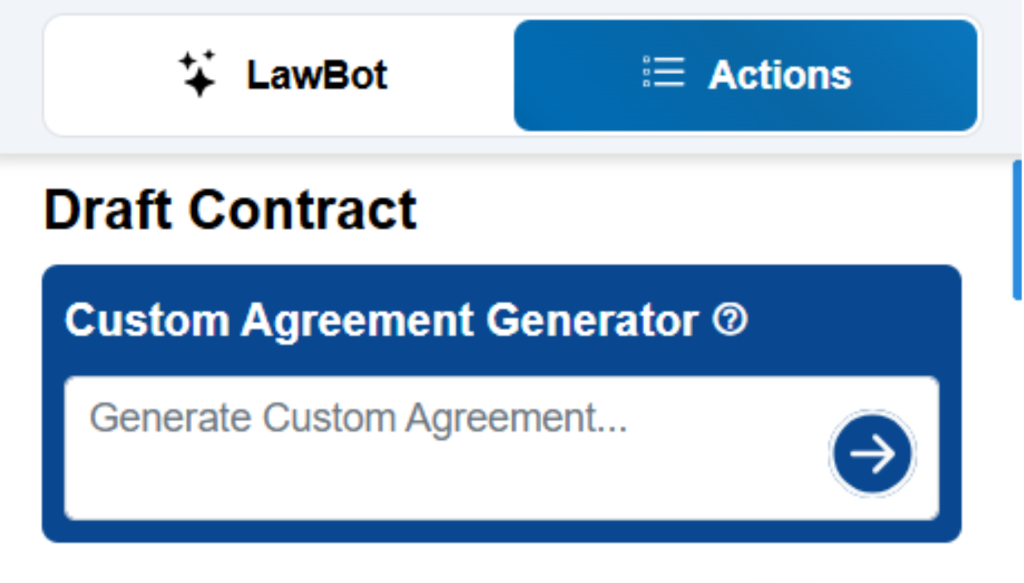
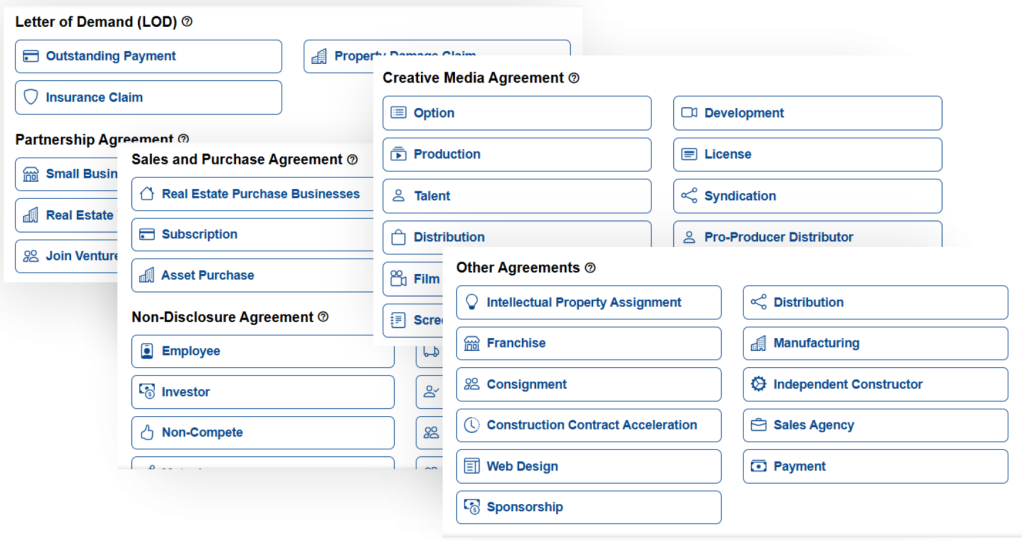
Effortlessly generate a customized agreement that caters to your specific needs



Diverse Templates for Every Legal Need
covering various legal documents
Review and draft contracts up to 80% faster in Microsoft Word with AI-driven, jurisdiction-specific suggestions.
*By submitting the form, you agree to the Terms of Service and Privacy Policy
Scenario:
A corporate legal team must review a high volume of contracts under a tight timeline, ensuring compliance with different jurisdictions.
Outcome:
The team reduces review time by 80%, ensures jurisdictional compliance, and focuses on strategic tasks without overlooking critical details.
Contract Review: Integrates with Microsoft Word, speeds up the review process by 80%.
Due Diligence: Review multiple case files simultaneously to streamline the review process.
Litigation Discovery: Generate accurate AI suggestions tailored to specific jurisdiction for your needs.
Customizable Reviews: ContractAI also allows users to personalize reviews by uploading a guideline document (e.g., templates, checklists)
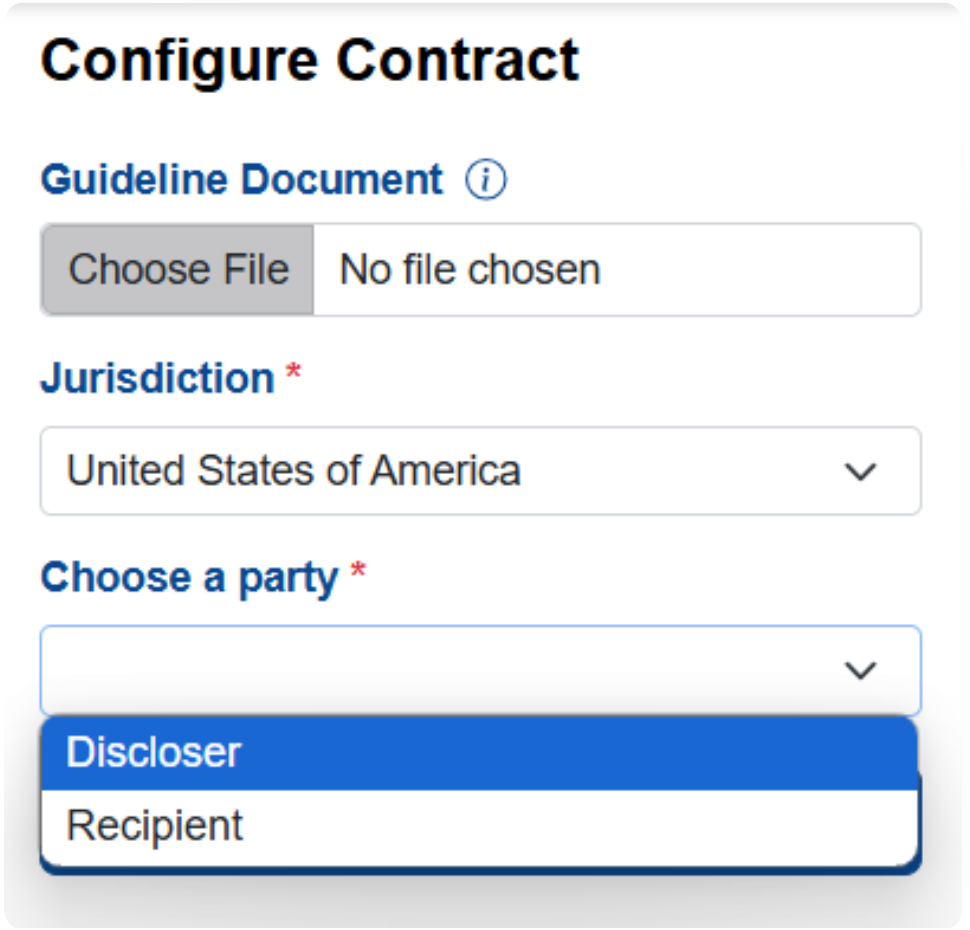
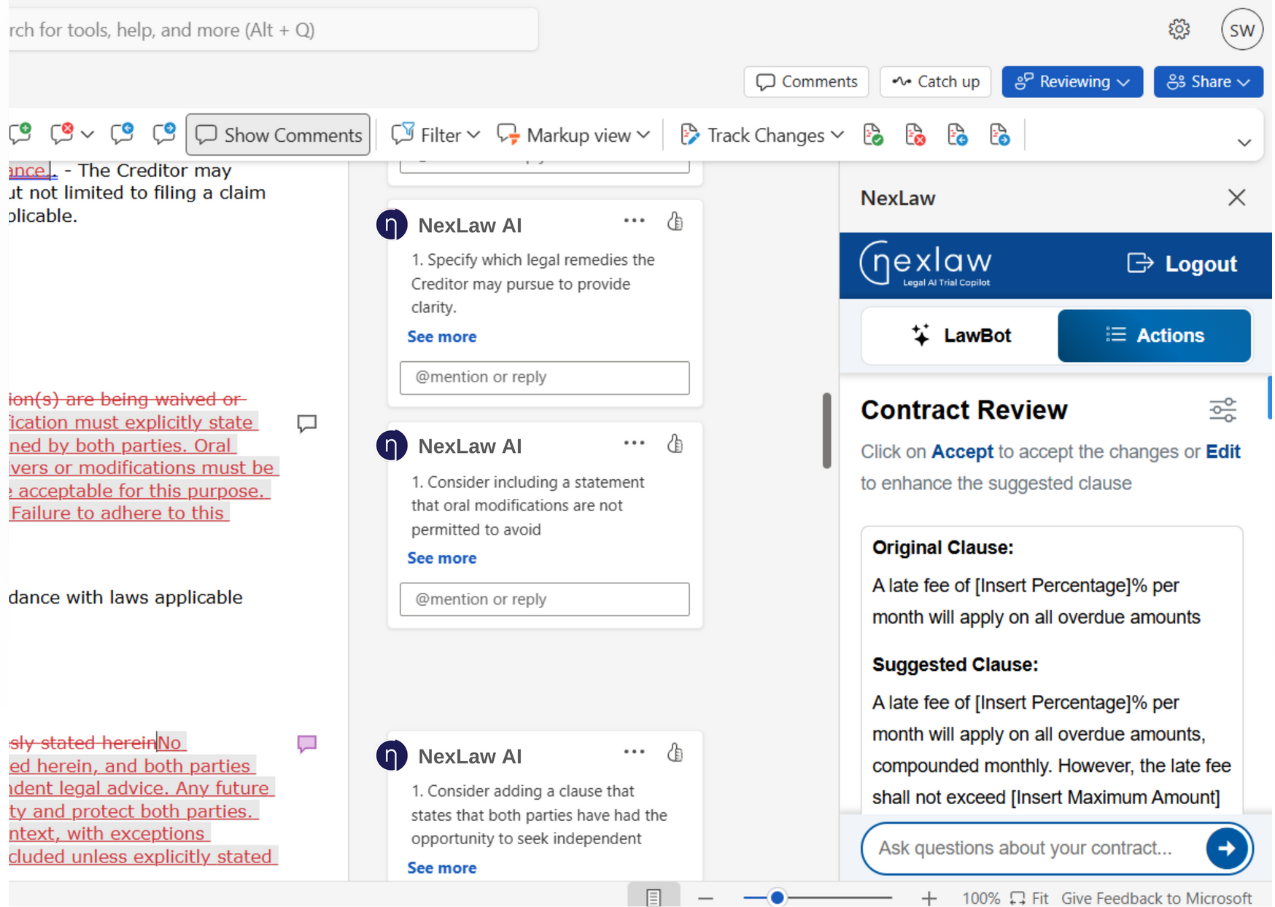

Automates the review process, cutting review time by 80%.

Review 4x more contracts in the same amount of time.

Streamlining review process leads to lower litigation costs.